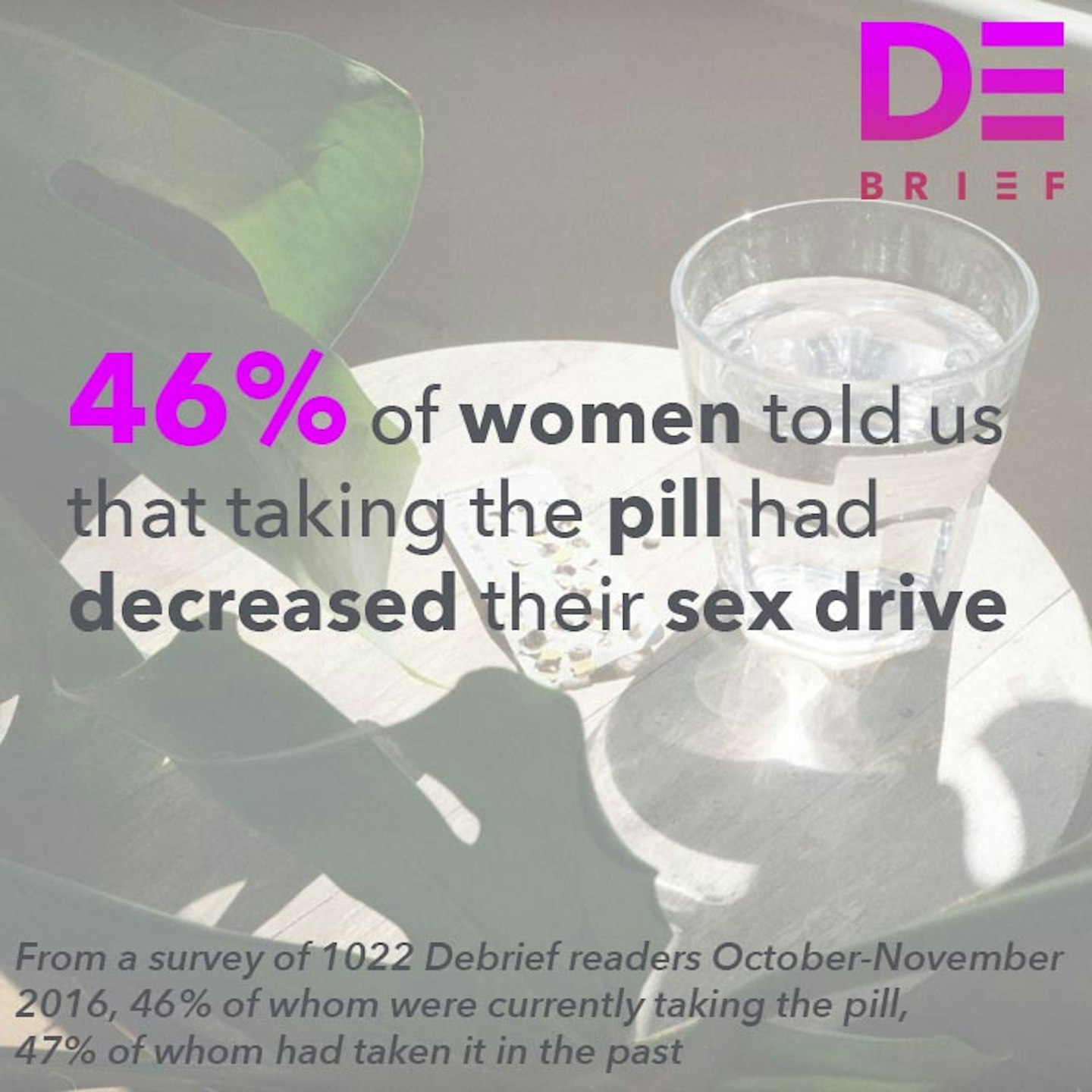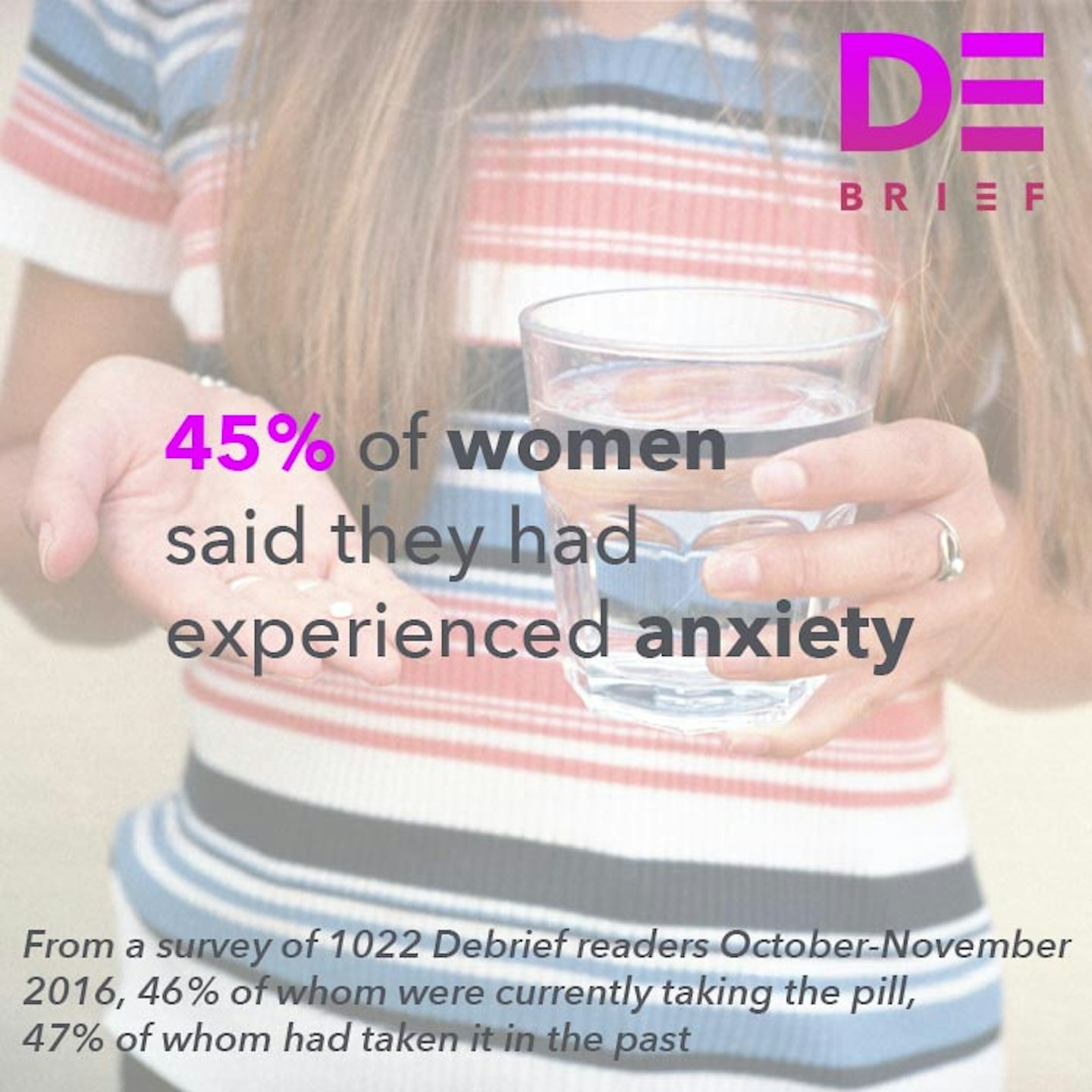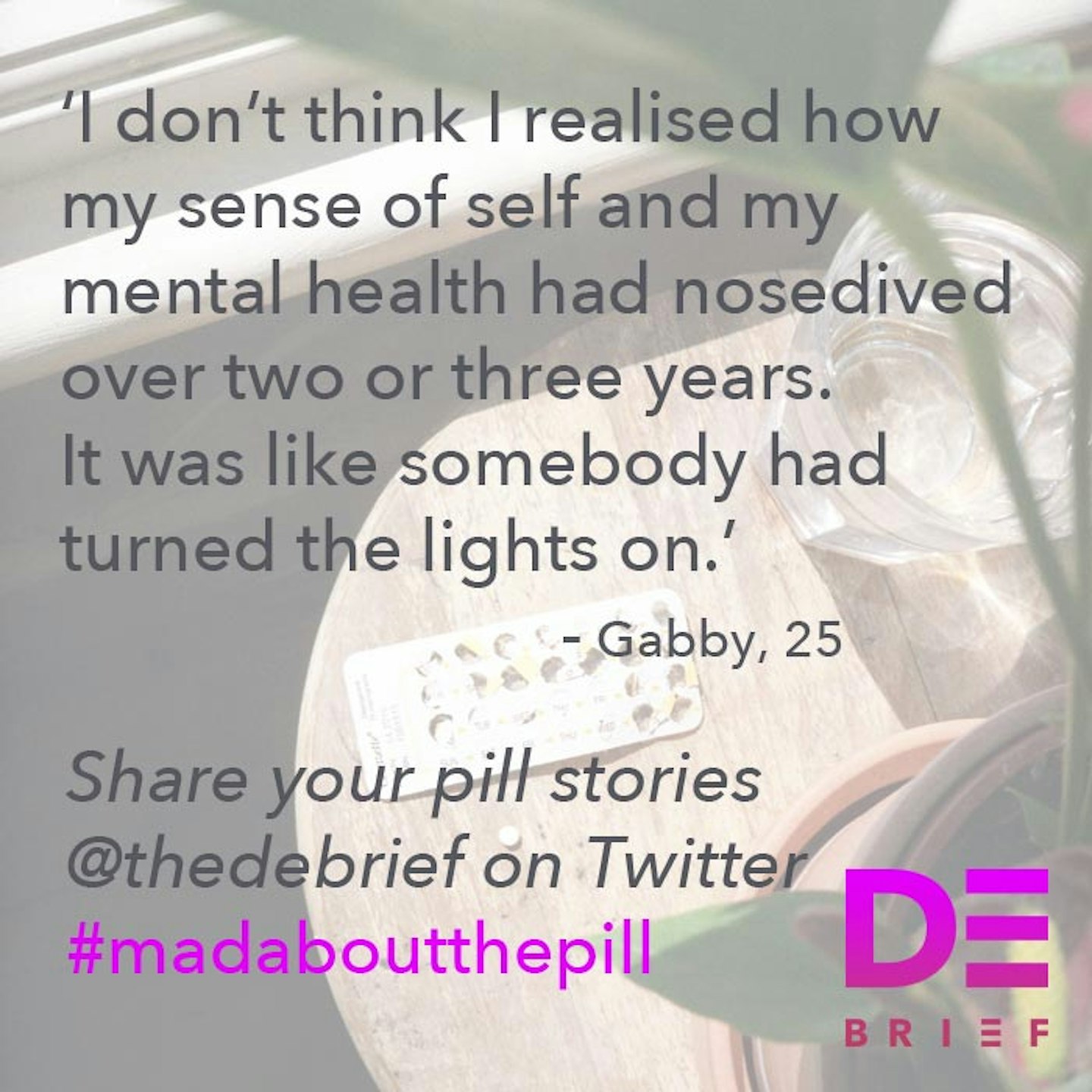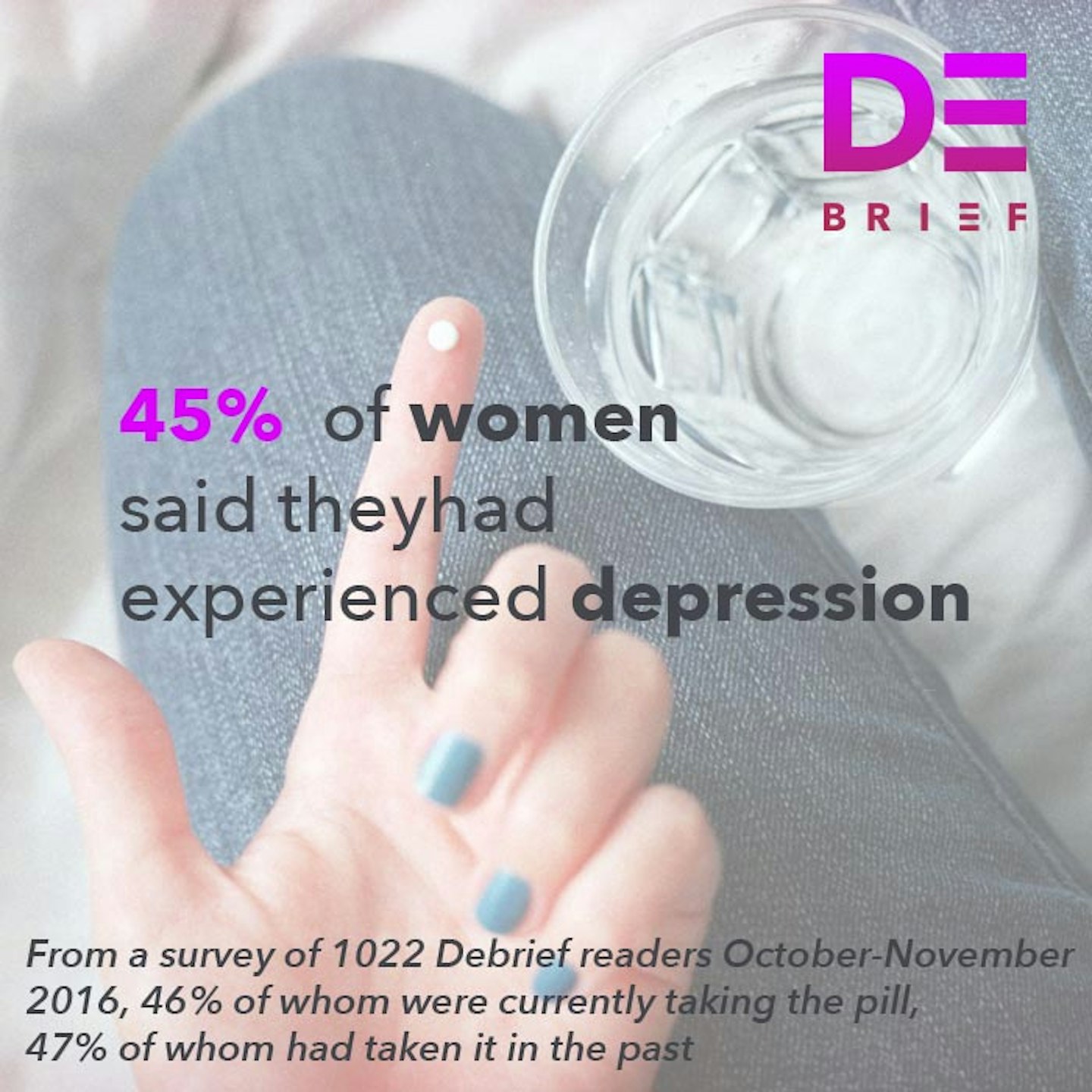One in four pregnant women suffer with mental illness, a study by King’s College London has found. It is the first UK study to examine the mental health issues of pregnant women when seen by a midwife for care, proving the need for mental health assessments throughout pregnancy.
The statistics are higher than previously thought, with much of the emphasis around mental health conditions focusing on post-natal conditions. The assumption that pregnant women are protected from mental health issues, in some sort of pregnancy glow, is therefore incorrect and quite possibly damaging for women who aren’t aware of the extent of pre-natal conditions.
The study found that 15% of women examined had anxiety, 11% had depression and 2% suffered with either eating disorders or OCD. PTSD was also found in just under 1% with bipolar disorders less common.
While these figures are worrying, researchers did not ask about previous experiences of mental health therefore some of the women could have a history of issues such as anxiety or depression. The women were simply asked how they felt at the meeting and in the weeks beforehand, with some possibly already experiencing mental health issues prior to their pregnancy.
Experiencing mental health issues during pregnancy can not only impact the woman but also the pregnancy itself and as a result, the child. Stress hormones such as cortisol and adrenaline have been found to have an impact of the development of a baby, causing problems in later life both academically and emotionally.
However, researchers claim that two simple questions can help identify mental health problems to ensure an effective course of treatment. For the study, midwives asked the women, ‘During the past month have you often been bothered by feeling down, depressed, or hopeless?’.
Followed by ’During the past month have you often been bothered by having little interest or pleasure in doing things?’. Those who answered yes where then asked follow up questions about whether they would want to deal with these issues.
Louise Howard, the report author and Professor of Women’s Mental Health at King’s College London said: ‘This study supports the NICE recommendation that women should be asked, by a non-judgmental and supportive health professional, at all contacts in pregnancy and after birth about their emotional wellbeing and are given the opportunity to respond to these structured questions’.
The patient would then be given a clinical assessment to establish the diagnosis and treatment necessary.
Despite the shock of the statistics being much higher than expected, researchers are positive that the study will help treat mental illness during pregnancy by proving the need for better pre-natal care.
CHECK OUT: The shocking statistics on the contraceptive pill
Debrief Mad About The Pill Stats
 1 of 9
1 of 9Debrief Mad About The Pill Stats
 2 of 9
2 of 9Debrief Mad About The Pill Stats
 3 of 9
3 of 9Debrief Mad About The Pill Stats
 4 of 9
4 of 9Debrief Mad About The Pill Stats
 5 of 9
5 of 9Debrief Mad About The Pill Stats
 6 of 9
6 of 9Debrief Mad About The Pill Stats
 7 of 9
7 of 9Debrief Mad About The Pill Stats
 8 of 9
8 of 9Debrief Mad About The Pill Stats
 9 of 9
9 of 9Debrief Mad About The Pill Stats
READ MORE: Six Women We Admire On Battling Anxiety And Depression
